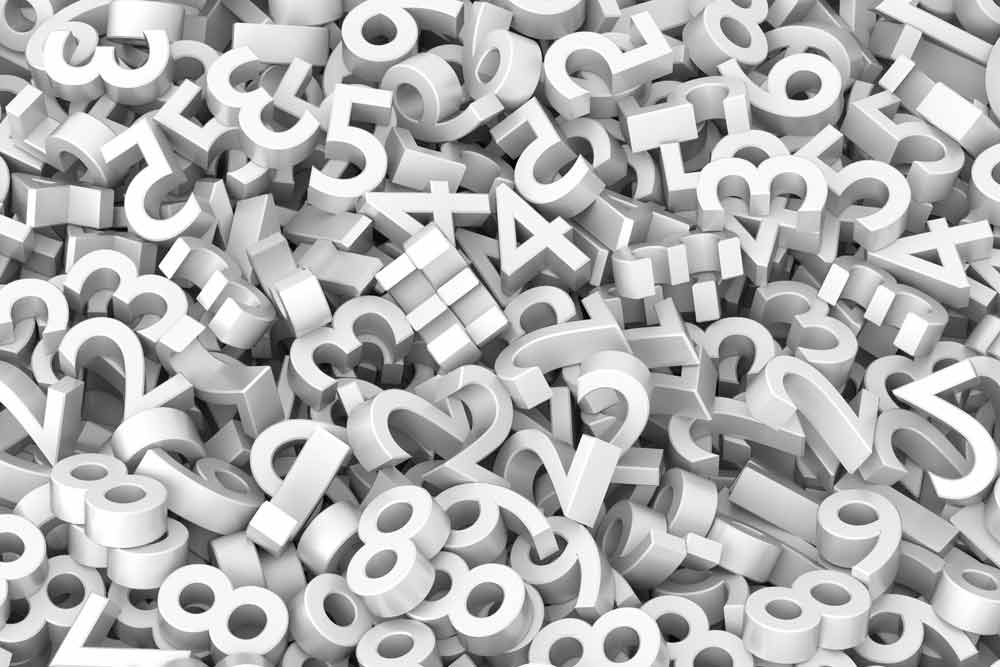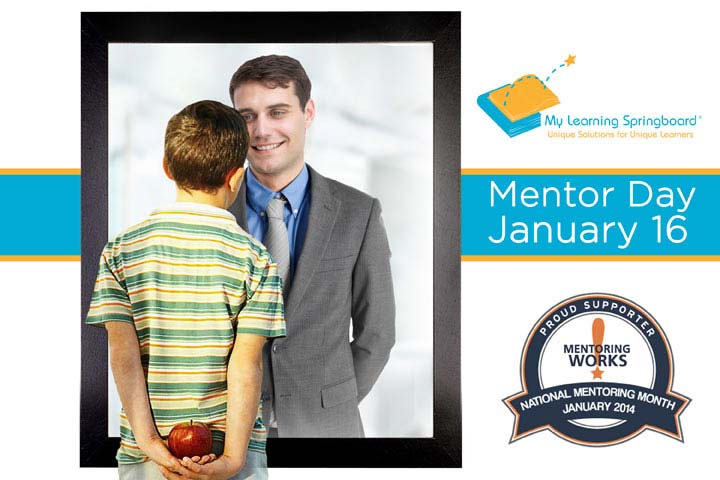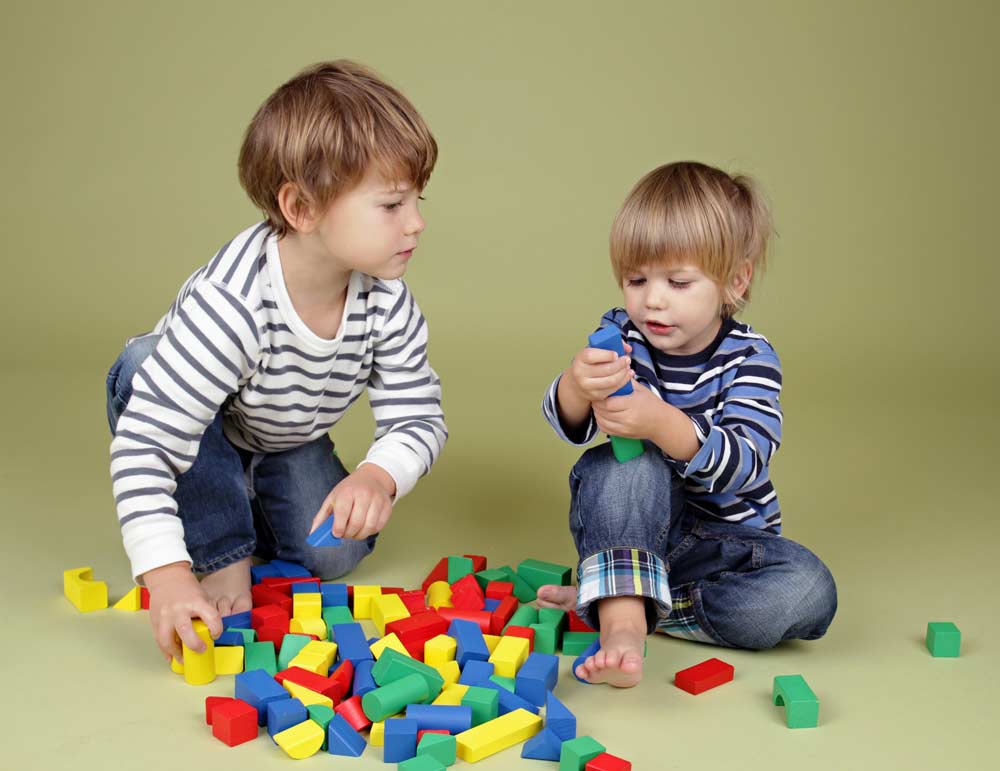 Maria Droujkova is a pioneering math educator and curriculum designer who thinks we need to teach kids how to do math differently.
Maria Droujkova is a pioneering math educator and curriculum designer who thinks we need to teach kids how to do math differently.
Traditionally, kids learn math in a familiar sequence: first, counting, then addition and subtraction, then multiplication and division. Later on, bigger numbers and smaller number (fractions) are taught, followed by algebra, the mathematics of letters and numerical patterns. More advanced mathematics (geometry, trigonometry, calculus), is taught to the select students who have reached a certain level of success at the “easier” subjects of math.
In a recent article in The Atlantic, Droujkova suggests that this kind of hierarchical mathematics education strips the fun out of what she calls the “playful universe” of mathematics. ““Calculations kids are forced to do are often so developmentally inappropriate, the experience amounts to torture,” she says. They also miss the essential point—that mathematics is fundamentally about patterns and structures, rather than “little manipulations of numbers,” as she puts it. It’s akin to budding filmmakers learning first about costumes, lighting and other technical aspects, rather than about crafting meaningful stories.”
Imagine not talking with babies about anything until they learned the alphabet! This is what happens with math, when babies, toddlers and young kids only ever hear about small numbers and simple shapes. –From Moebius Noodles
Droujkova’s approach is to show early math learners how math can be fun, by encouraging them to play and create meaningful objects and patterns that can also be examples of a potentially difficult math concept. Her book, Moebius Noodles, advocates exposure to a rich mathematical environment before being asked to learn rigid rules that can be difficult for children to learn and retain.
The informal play and understanding of math concepts provides a rich groundwork for learning formal rules later on. Droujkova is part of the “freedom movement” called “natural math,” whose slogan is: make math your own, to make your own math. Being exposed to different kinds of math at a young age will get kids excited to dive deeper into more complex math languages later on.
Here is the full article from The Atlantic: “5-Year-Olds Can Learn Calculus”
Written by: Editorial Team, My Learning Springboard, Inc. So you’ve started
So you’ve started  … but don’t worry they are easy to fix!
… but don’t worry they are easy to fix! You can teach a student a lesson for a day; but if you can teach him to learn by creating curiosity, he will continue the learning process as long as he lives. ~Clay P. Bedford
You can teach a student a lesson for a day; but if you can teach him to learn by creating curiosity, he will continue the learning process as long as he lives. ~Clay P. Bedford Research indicates that one of the most fundamental skills for success is
Research indicates that one of the most fundamental skills for success is